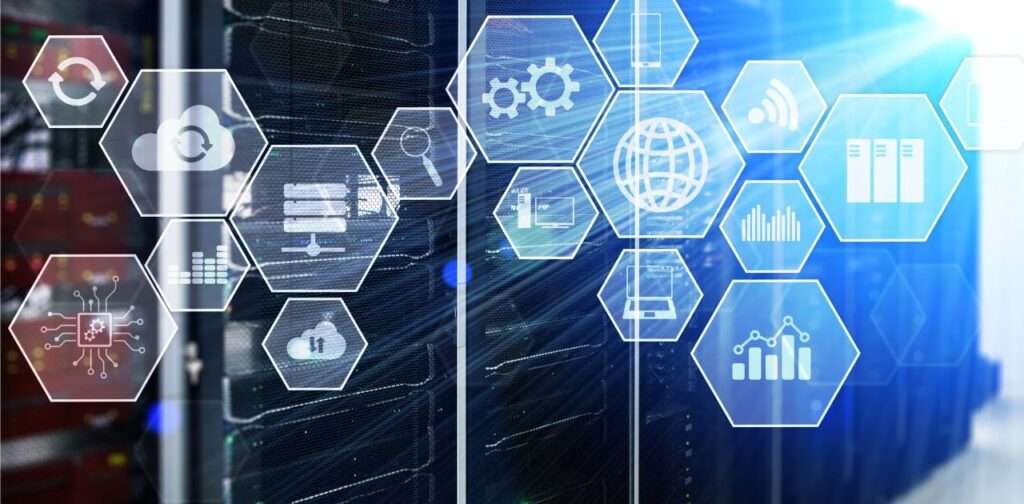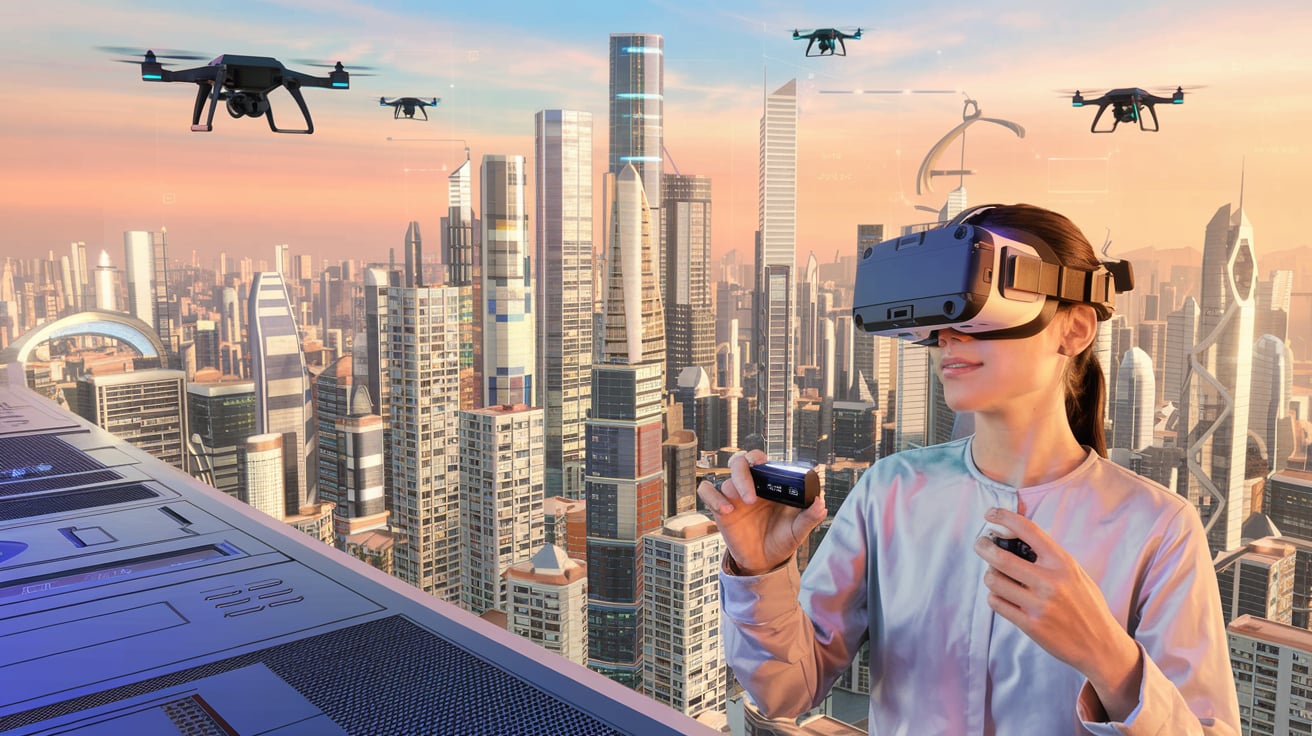What is the future of information technology? Welcome to the future of information technology, where innovations are breaking through at a pace much quicker than most can keep up with.
Whether you are the executive running a business, an IT professional, or even a student eyeing a bright career in tech, then understanding these changes is anything but optional, but necessary.
Today on this blog, let’s reveal the cutting-edge technologies redefining IT, explore the trend that will have its hands all over our digital world, and uncover what one needs to master to get ahead of the curve.
Table of Contents
Emerging Technologies Shaping IT

Artificial Intelligence (AI) & Machine Learning
What is the future of information technology? It’s a world driven and steered by the helm of change by AI and machine learning, nudging industries toward smarter automation and decision-making.
It is healthcare where AI algorithms predict patient outcomes even before they appear; in finance, AI detects fraud with uncanny accuracy. Symbiosis between technology and business continues to grow stronger, and here lies the transformative power of AI for industries through offering unprecedented insight and efficiency.
Blockchain
Blockchain is no longer just about cryptocurrency; it has evolved to transform data protection and transparency. For example, while businesses use blockchain for safe transactions, imagine a scenario when your supply chains are running as seamlessly, efficiently, and securely with the blockchain.
Cloud Computing and IT Infrastructure

Cloud Technologies
The hybrid cloud models are becoming the new normal. They couple public and private clouds into flexible and scalable solutions. Business organizations achieve cost efficiency and adaptability by scaling resources upwards as needed.
What is the future of information technology when It’s all in the cloud, you ask? It is a landscape where IT infrastructure adjusts in real-time to meet the changing needs of the business.
Cybersecurity
For every rise in the adoption of cloud, the threats to cybersecurity will rise with it. The future requires AI-based threat detection systems capable of protecting sensitive data irrespective of the form of remote work models. What is the future of information technology if not secure? Cybersecurity is the number one thing that keeps the businesses thriving in this ever increasingly digital world.
Data and Analytics

Big Data & Predictive Analytics
The buzzword fades; big data is now the lifeline of modern business strategy. Using large datasets, companies drive decision-making processes, thereby improving marketing strategies as well as performance in e-commerce through predictive analytics.
What is the future of information technology without data guiding every step? A future where figures don’t only tell stories but predict them?.
Data Privacy and Regulation
With great data comes great responsibility. Compliance with regulations such as GDPR is fast becoming the new normal, and there is a trend of increasing data privacy officers. They will ensure that sensitive information is managed responsibly and ethically.
In a world driven by data, what is the future of information technology without privacy as its backbone?
Internet of Things (IoT) and Automation
Internet of Things (IoT)
IoT is connecting devices at an unprecedented scale, opening the way to automation in manufacturing and health care. Smart environments are being created, which is a situation whereby all devices will communicate with themselves wirelessly.
Consider a hospital where patient monitors are synchronizing the patients’ care with their caregivers in real-time—what is the future of information technology without such connectivity?
Automation
AI and robotics are propelling automation in logistics and production, making these operations cheaper in terms of cost and improving productivity. How does the future for information technology look when machines begin to think and act like human beings? It is the age of efficiency, the age when businesses change styles.
IT Education and Workforce Development
Skills Development
IT professionals have to keep up by being continually upskilled as they master AI, cloud computing, and cybersecurity. Universities also are quick to change curricula to respond to new demands as they prepare students for a transformed workforce.
Diversity and Inclusivity
The IT industry becomes more vibrant with more women and minorities in tech fields. Innovation comes from more diversified sources, thereby creating solutions that are as inclusive as they are cutting-edge.
Global and Economic Impact
Outsourcing and Globalization
Outsourcing is on the rise, and world business utilizes this global talent for effective costs. This latest trend is most specifically found in software development and data management.
What is the future of information technology If not for global collaboration? It’s a world where borders blur, and talent knows no bounds.
Sustainability and IT
This means that IT and sustainability converge for solutions and systems that actually help reduce carbon footprint from energy sources. Businesses do indeed leverage technology in a value chain to overshoot their set sustainability objectives.
Is it then possible to claim that the future of information technology is not green? To sum it all, there is an exchange between innovation and the environmental conscience.
Conclusion
In conclusion, what is the future of information technology? It is an exciting landscape, led by AI, cloud computing, and the Internet of Things, with data privacy, cybersecurity, and sustainability woven into its very heart. IT education is dynamic, directed toward a continuously changing workforce, and promises unlimited opportunities for those prepared to adapt.
Each trend will be explored further, helping you prepare for a future where technology will shape every dimension of life.
FAQs
1. How will AI-generated content impact the creative industries?
AI-generated content is going to revolutionize the creative industries by making room for greater efficiency and innovative ideas.
2. What are the potential applications of quantum computing in healthcare?
Healthcare is going to be revolutionized with quantum computing – accelerated breakthroughs in drug discovery through the capability to simulate atomic scale.
3. How is 5G technology transforming the retail sector?
5G technology transforms retail: it is helping in the rapid execution of online transactions and enhancing the in-store experience through augmented reality.
4. What advancements are expected in virtual reality for gaming and education?
Innovations in virtual reality enhance the immersion in gaming with better graphics and more interactive realities, and education learning is also improved in VR as the complex subjects come to life.
5. How is augmented reality being used to enhance customer experiences in e-commerce?
Augmented reality will augment e-commerce with the ability to enhance the vision of a particular product to be seen in its own space by the customer before purchase.
